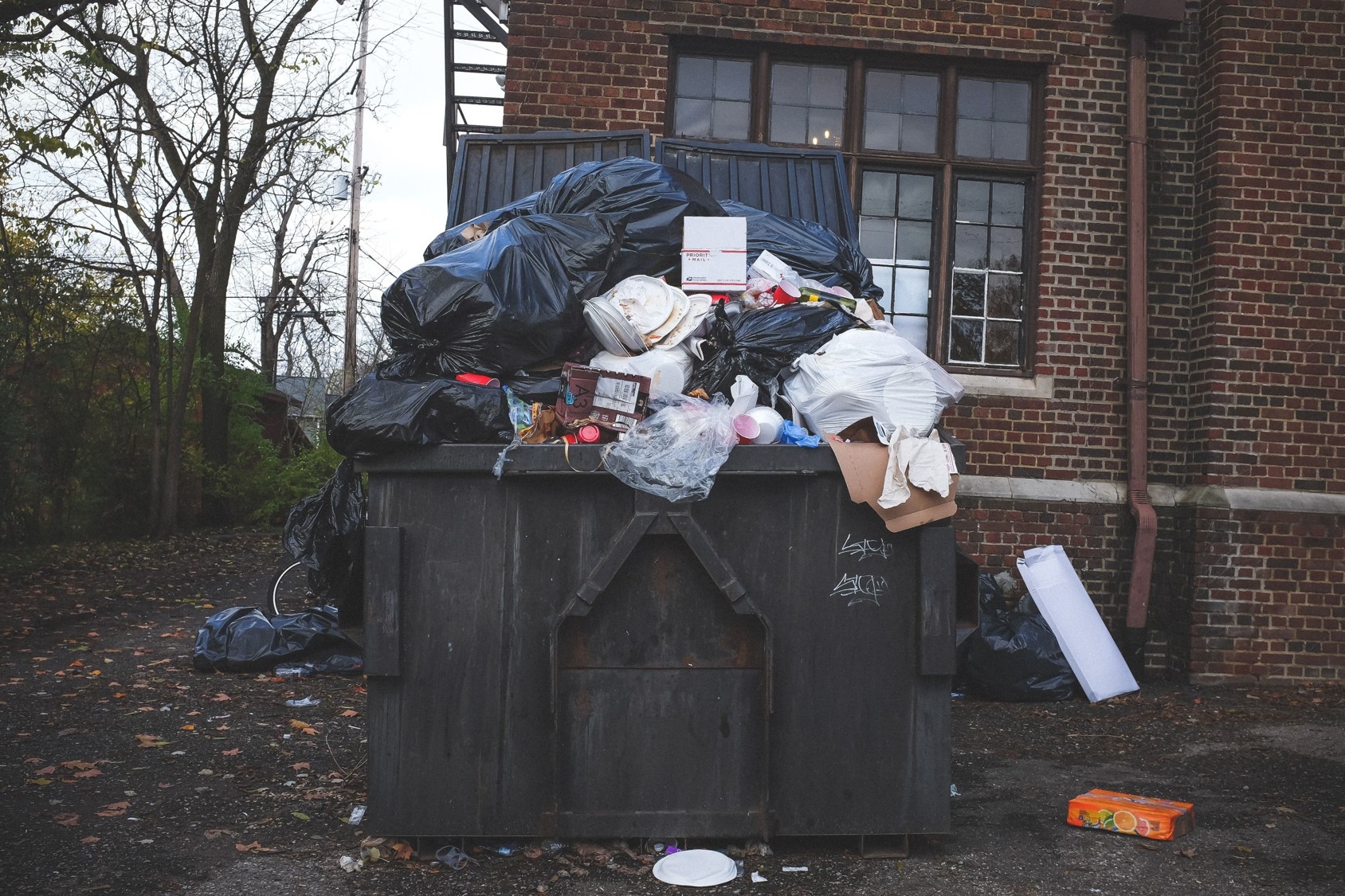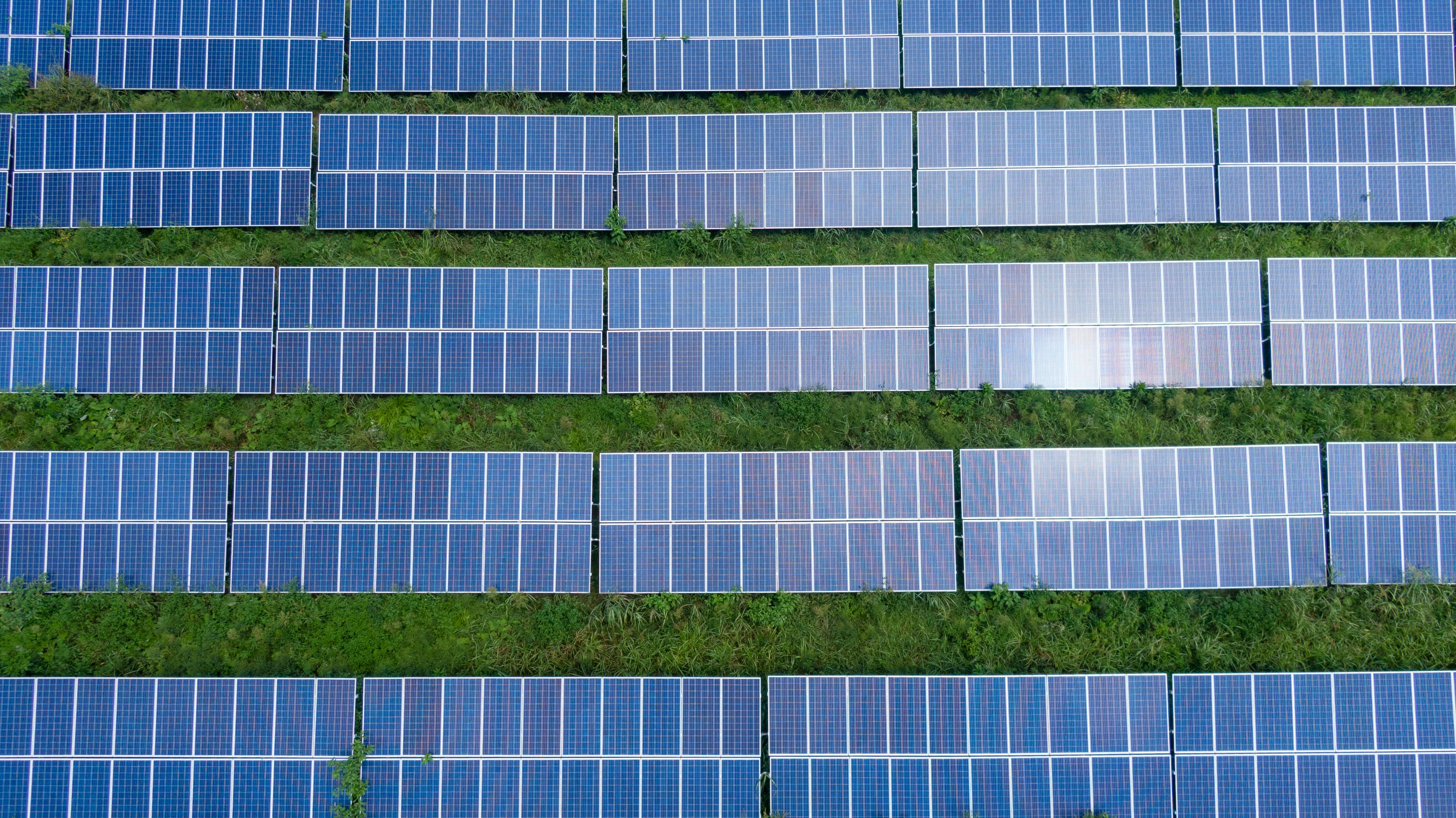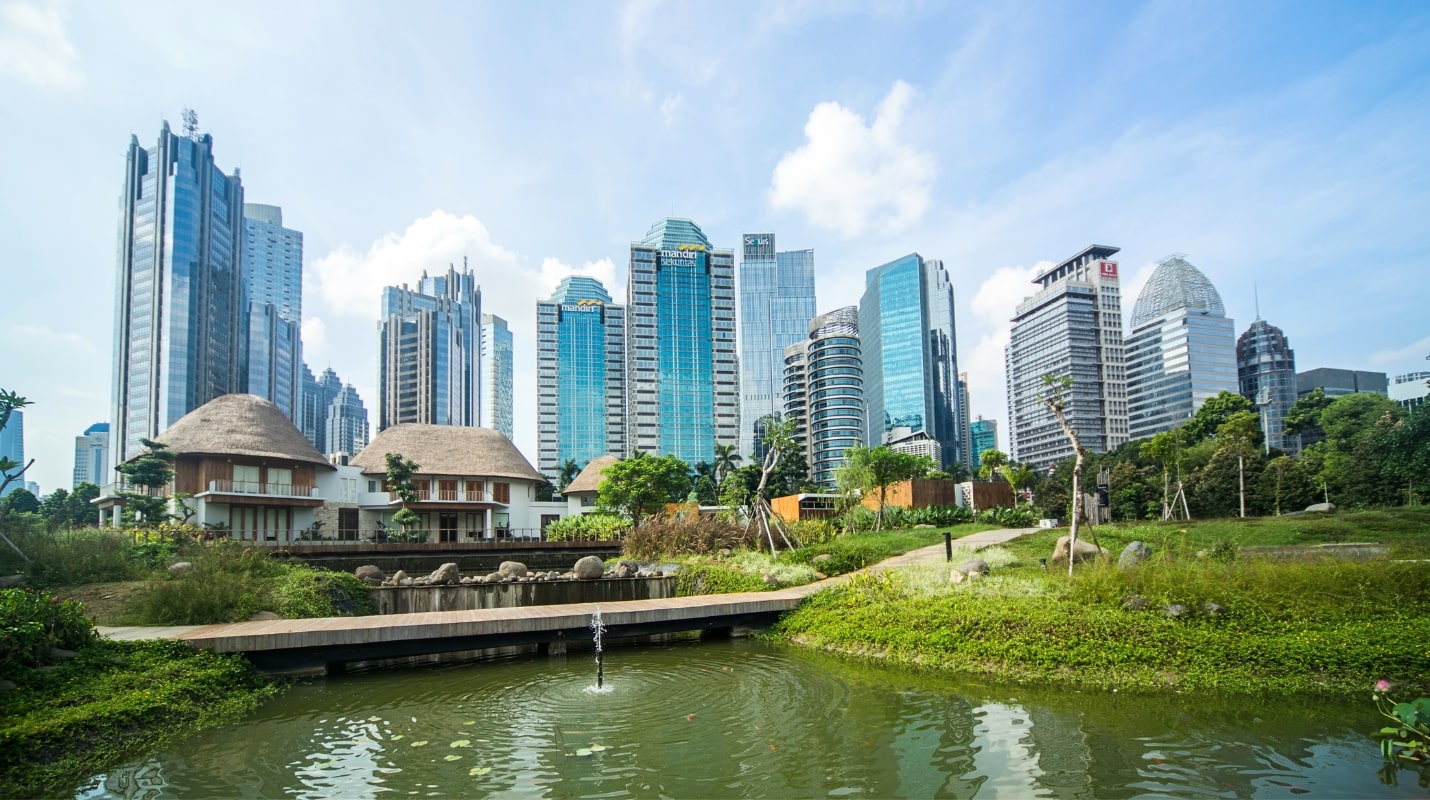What is the circular economy, and why is it essential for sustainable waste management in Indonesia?
In an era where environmental sustainability takes the spotlight, the circular economy emerges as a transformative force poised to revolutionize waste management in Indonesia. What exactly is this circular economy, and why is it the linchpin for a sustainable future in Indonesia?
Navigating the Core Principles of the Circular Economy and Their Impact on Local Waste Solutions
At its essence, the circular economy is a regenerative approach to resource management, aspiring to minimize waste, prolong the utility of products and materials, and regenerate natural systems. This paradigm shift adheres to several key principles:
Design for Durability: In a circular economy, products are built to last. This principle encourages businesses to create goods that are not only functional and desirable but also durable and easy to repair, reuse, and recycle.
Eliminate Waste: Waste is not part of the equation in a circular system. The goal is to eliminate waste by ensuring that products and materials are repurposed or recycled at the end of their life cycle.
Maintain Product and Material Value: Circular practices focus on preserving the value of materials, components, and products by reusing or refurbishing them. This helps reduce resource depletion and waste generation.
Promote Systemic Innovation: The circular economy fosters innovation in business models, encouraging companies to explore alternative approaches such as product-as-a-service, sharing, and leasing.
Engage Stakeholders: Collaboration is crucial. A circular economy requires active participation from businesses, government bodies, communities, and consumers to create a closed-loop system that works for everyone.
Local Impact: How Embracing Circular Economy Practices Reshapes Indonesia's Environment, Economy, and Society
Adopting circular economy principles holds extensive benefits for Indonesia. Environmentally, it dramatically reduces waste, lowers carbon emissions, and eases the burden on natural resources. Economically, it stimulates innovation, job creation, and cost savings for businesses. Societally, the circular economy cultivates a culture of sustainability, encouraging responsible consumption and community engagement.
The implementation of the circular economy concept at the city level, including in Surabaya, emerges as a pivotal strategy for fostering resilience, mitigating environmental impact, and securing a sustainable future. Cities are the heartbeat of human activity, but they are also hotspots for resource consumption. Implementing the circular economy at the city level is essential to build resilience against resource scarcity. By promoting the reuse, refurbishment, and recycling of materials within urban systems, cities can reduce their dependence on finite resources, ensuring long-term sustainability. They are also significant contributors to environmental degradation, from excessive waste generation to high carbon emissions. Circular economy practices enable cities to reduce their ecological footprint by minimizing waste and optimizing resource use. This, in turn, contributes to mitigating environmental impact, preserving biodiversity, and combating climate change.
At the city level, embracing circularity can also spur economic growth by creating new industries focused on recycling, remanufacturing, and waste management. This transition can generate job opportunities, stimulate innovation, and foster a more robust local economy.
Moreover, Circular economy initiatives foster a sense of community engagement and responsibility. When cities adopt circular practices, they involve residents, businesses, and local authorities in sustainable activities. This engagement not only enhances community well-being but also creates a shared commitment to building a more sustainable and resilient urban environment and meeting Global Sustainability Goals including responsible consumption & production, climate action, and the preservation of life on land and below water.
Getting Started: Practical Tips for Individuals and Businesses Eager to Embrace Circularity in Waste Management
So, where does one embark on this transformative journey towards a circular Indonesia? In our next segment, we'll provide practical insights for individuals and businesses eager to tread the path to circularity. From sustainable sourcing to waste reduction strategies, we'll offer actionable steps to kickstart your circular economy initiatives and contribute to a greener, more sustainable future for our beloved nation. Stay tuned!






